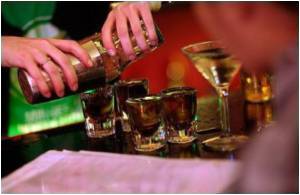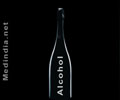Relapse after alcohol treatment can be prevented by training our subconscious brain to avoid alcohol cues among regular drinkers.

‘Cognitive Bias Modification, a novel computerized brain-training technique is utilized, via a smartphone app – SWiPE, to prevent relapse after alcohol treatment in regular drinkers. The training alters the decision making of the subconscious brain by shifting the focus against alcohol cues.
’





The Cognitive Bias Modification, (CBM) a new form of computerized brain-training, is based on the concept of the reward system in the brain that drives the desire towards alcohol. Recently published in JAMA Psychiatry, the study results showed that the early relapse was reduced by 17 percent after four sessions of CBM, compared to placebo.
In CBM, people can upload alcoholic beverages or brands they wish to avoid, and alternatively images of more positive, healthy activities they want to engage in.
This trains the subconscious brain by shifting the focus towards positive benefits. Sequentially, it makes the alcohol cues appear less attention-grabbing and less rewarding, thereby altering the decision making.
SWiPE's feasibility, acceptability, and effectiveness at reducing alcohol consumption and cravings are being further explored. With promising results and "Being easy-to-implement, safe and requiring only a laptop and joystick, we'd love to see CBM routinely offered as an adjunctive intervention during inpatient withdrawal, to optimize patient outcomes", says Associate Professor Victoria Manning.
Advertisement















